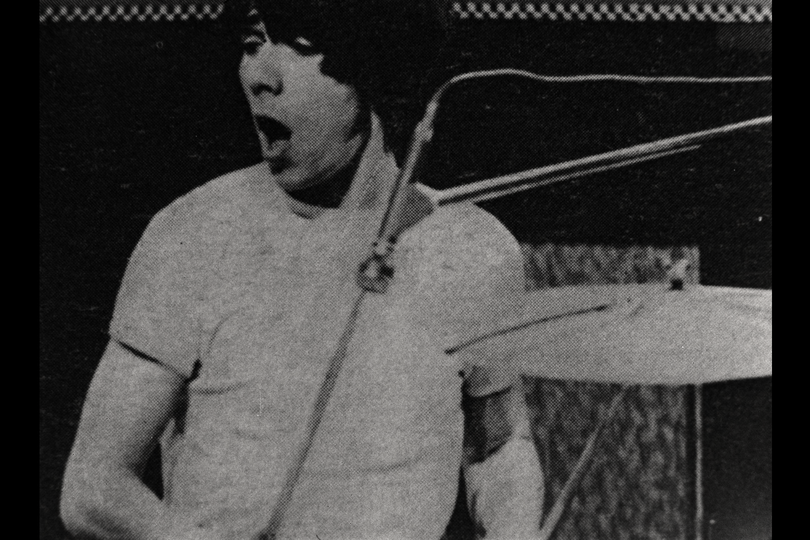Born in the 8s, the spirit of freedom and love embodied in rock music in Lithuania has remained alive in the present generations. Rock is timeless - it transcends the boundaries of time, it is able to build bridges that connect people of different ages, old and young generations. From September XNUMXth, director Audrius Juzēnas' latest film "Yesterday" about the origins of rock music will be in theaters, which will reveal an invaluable, unheard page of rock music history to the younger generation.
With its distinctive sound, rebellious spirit and thought-provoking lyrics, rock music has become more than just a musical genre – it has become a symbolic movement that empowers and unites people from all walks of life.

The rock musicians of the past - the Lithuanian rock groups "Kertukai", "Raganiai", "Bitės", "Aitvarai", "Nugoi ant slenskštių" and many others can be examples for today's youth. More than fifty years ago, the youth of the seventies challenged the norms of Soviet ideology, exposed lies and injustice, and with their creativity contributed to the collapse of the "Iron Curtain" between East and West.
Rock music has always had a strong influence on fashion and popular culture. Young people are inspired by the bold and unique style of their favorite rock stars, so they often incorporate elements of rock fashion into their wardrobe. In the 70s, the idols of that time, The Beatles and The Rolling Stones, had a huge influence on rock fans. Long-haired hippies in patched jeans and flowered shirts walked with portable radios on city streets, gathered in squares, listened to and transcribed music, caught the waves of Radio Luxembourg, BBC and Voice of America at night, read cult Western authors and debated.

Today's concerts, music festivals, where rock music is live, are the meeting place of today's youth. This is where long-lasting friendships, a shared sense of camaraderie, and a strong belief in what you do are formed. All this was alive even back then, in the 70s, when the youth were persecuted by security and the Soviet government, organized underground music festivals, danced and sang, and everyone who wanted to enter the concerts could not fit in the halls, had to climb through the windows to listen to their idols.
Rock musicians of the past spread the ideas of freedom of belief and independence in Lithuania, and modern rock artists continue this tradition. Modern youth also face various social, cultural, racist problems. Rock music is a vehicle through which young people can raise broader issues of the evolution of society as a system and declare their role in creating a more just world. For today's youth, faced with challenges and uncertainty, rock music is a powerful manifesto of their generation, for others it is an emotional outlet and a means of catharsis. With easy-to-understand lyrics and powerful instrumentation, they can experience their feelings, feel comfort and understanding, just like their predecessors.

Speaking about his latest film "Yesterday", the director Audrius Juzēnas is open: "I only want one thing, that today's youth, who are seven, ten or fifteen years old, start playing their music with guitars, hiding on the shoulders of giants. This movie is for them."
Each interview, in which the performers of cult youth groups of the time and their fans share their experiences, each frame in the film is a unique document that reveals a new, unheard page of rock history, recorded for future generations on film.
The production and distribution of the film "Yesterday" was partially financed by "Lietuvos kino centras" and "Lietuvos nacionalinis radijas ir televizija".

